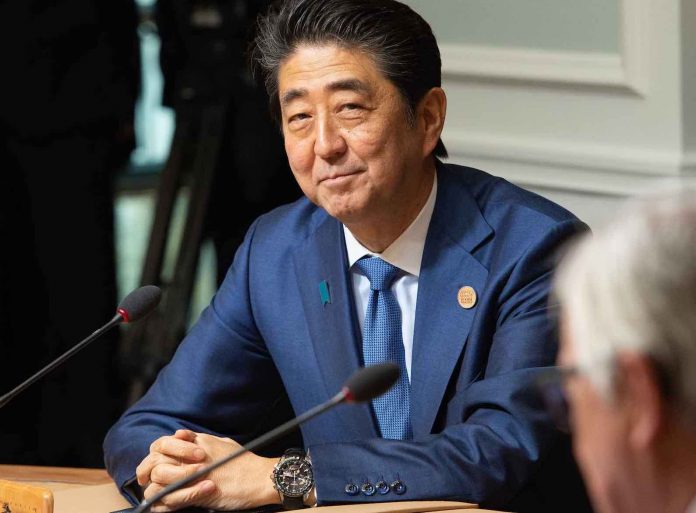He has been on the job since the end of 2012 and has been fighting ulcerative colitis, a chronic disease, for several years.
Political thunderstorm in Japan. Aged 65, Prime Minister Shinzo Abe announced his intention to resign on Friday, August 28, for health reasons. “I have decided to resign from the post of Prime Minister,” he said at a press conference, explaining that he was suffering from a return of his former chronic disease, ulcerative colitis.
Shinzo Abe had held the post continuously since late 2012, a record of longevity for a Japanese prime minister. In 2007, this inflammatory bowel disease had already forced him out of office. “I will continue to hold office firmly until a new prime minister is appointed,” the Japanese leader said.
No obvious successor
The Prime Minister said on Monday that he had repeated medical tests in a Tokyo hospital for the second time in eight days, rekindling speculation about his ability to govern. His resignation is an upheaval in Japanese political life, while he has no obvious successor.
Shinzo Abe refused Friday to publicly express a preference for a successor, saying that “all the people whose names are circulating are very capable people”.
His faithful advisor Yoshihide Suga, the current government spokesman, and Finance Minister Taro Aso are among the candidates put forward.
Visibly moved, Shinzo Abe said he was “deeply sorry” to the Japanese people for leaving his post. He originally intended to remain in office until the scheduled end of his third and final term as president of the Liberal Democratic Party (LDP) in September 2021.
Longevity record
Shinzo Abe has held his position continuously since the end of 2012, a record of longevity for a Japanese prime minister. He spoke at a press conference at 5:00 pm local time (10:00 am in France).
In recent days, government spokesman Yoshihide Suga had also tried to sweep away speculation about a hasty departure. The faithful Prime Minister had repeated on Friday morning that he expected Shinzo Abe to announce his intention to “work hard” while taking care of himself and had reaffirmed that he had not seen any signs of deterioration in his health during his “daily” interviews with him.
Source: LeFigaro































